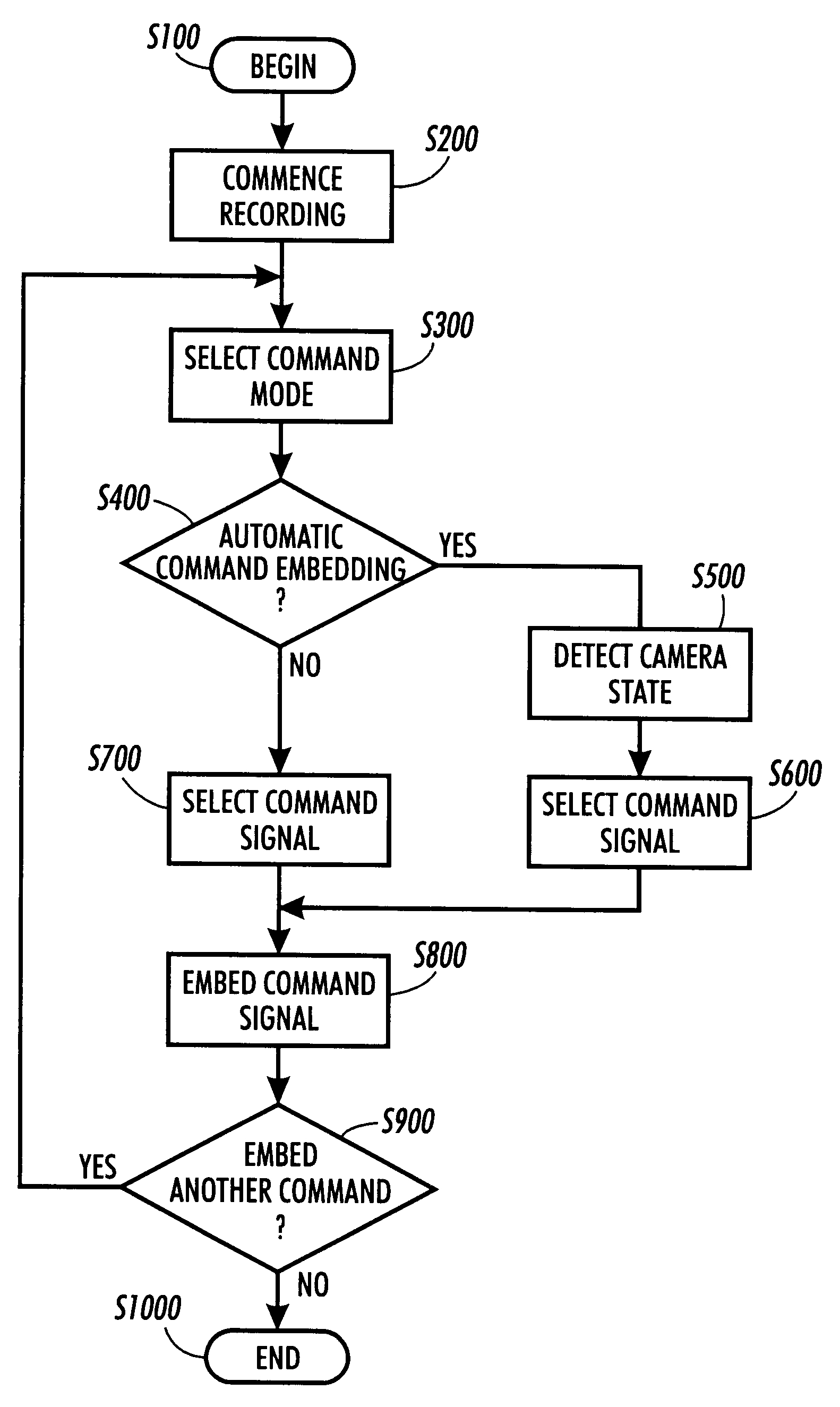
Consciousness is emotional
The idea of emotions constituting an essential part of our cognitive activity is supported among others by Antonio Damasio and Joseph LeDoux. The importance of this emotional perspective is enormous, for it reconciles body and mind (traditionally separated in our inherited Cartesian views) as both co-sites and co-producers of our cognitive activity and our consciousness. Emotions are born as a response to our environment. Our sensory systems perceive an external stimulus and then take that information to the brain, that sends to our body proper instructions to cope with the situation. Those instructions lead to changes in our muscles, autonomic nervous system and endocrine system. The emotional feeling is completed by the physical response being coded in our brain as a feeling (the conceptualization of emotion). When I read a shocking passage on chapter thirteen of Murakami’s The Wind-Up Bird Chronicle, my brain asks my stomach to contract. Such unpleasant emotion goes back to my cortex, where I can match it to any previously coded feeling of similar consternation (if existent) or leave a trace of my physical reaction to those pages, for future reference. In literature and life, emotions are a basic feature of our embodied minds that preside our cognitive understanding of the world. Our consciousness (our awareness of the environment and of our relationship to us) consists, according to Damasio, of a number of sensory inputs that are transformed into a continuous flow of sensations, creating a "movie in the mind," a first narrative on our selves with respect to the context that surrounds us. – from "States of Consciousness: Dreams, Literature, and the Neurochemistry of the Brain", by Isabel Jaén